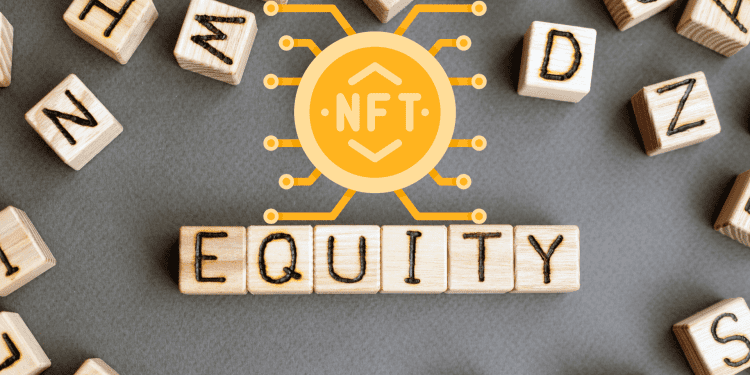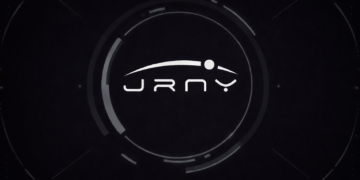- NFT projects The Plague and Rektguy are gifting company equity to token holders in an unprecedented move. The Plague gifted equity based on unlisted NFTs held, while Rektguy gifted equity in its parent company.
- The equity gifts are legal if done properly, not being part of the initial NFT purchase. The shares are allocated as gifts, avoiding issues around equity being promised with the initial sale.
- Reactions are mixed. Some see it as deepening connections between fans and brands, while others view it as a shallow marketing ploy. The implications are still unfolding as projects explore new utilities.
Non-fungible token (NFT) projects are beginning to allocate company equity to token holders in an unprecedented move. Two NFT collections are gifting equity, the legality of these actions, and community reactions.
NFT Projects Allocate Company Equity to Holders
During the 2022 holiday season, the founders of The Plague and Rektguy NFT collections announced they would give equity to holders. On December 25th, The Plague shared that based on the number of unlisted NFTs held, owners would receive a percentage of company shares. Rektguy followed on January 1st, gifting equity in Rekt Brands Inc. to supporters. Both claimed the gifts were legal, with The Plague consulting lawyers. The equity is not connected to trading the NFTs themselves.
Assessing the Legality of Equity Gifts
According to Waleswoosh, a researcher for Azuki NFTs, these equity gifts are legal if executed properly. The NFTs were not initially sold with the clear promise of eventual equity. Avoiding this distinction is key. The shares are allocated as gifts, not as part of the initial NFT purchase.
Community Reactions: A Gamechanger or a Sham?
Some believe equity gifts are a gamechanger, allowing deeper connections between fans and brands. However, others see it as a shallow marketing ploy. One idea is to reward holders based on their contributions to sales and community-building. The legality remains complex, but creative solutions may arise.
The moves are unprecedented, sparking intense debate around equity, ownership, and the future of NFT utilities. As the industry evolves, projects and communities will continue shaping these discussions. For now, the implications are still unfolding.














